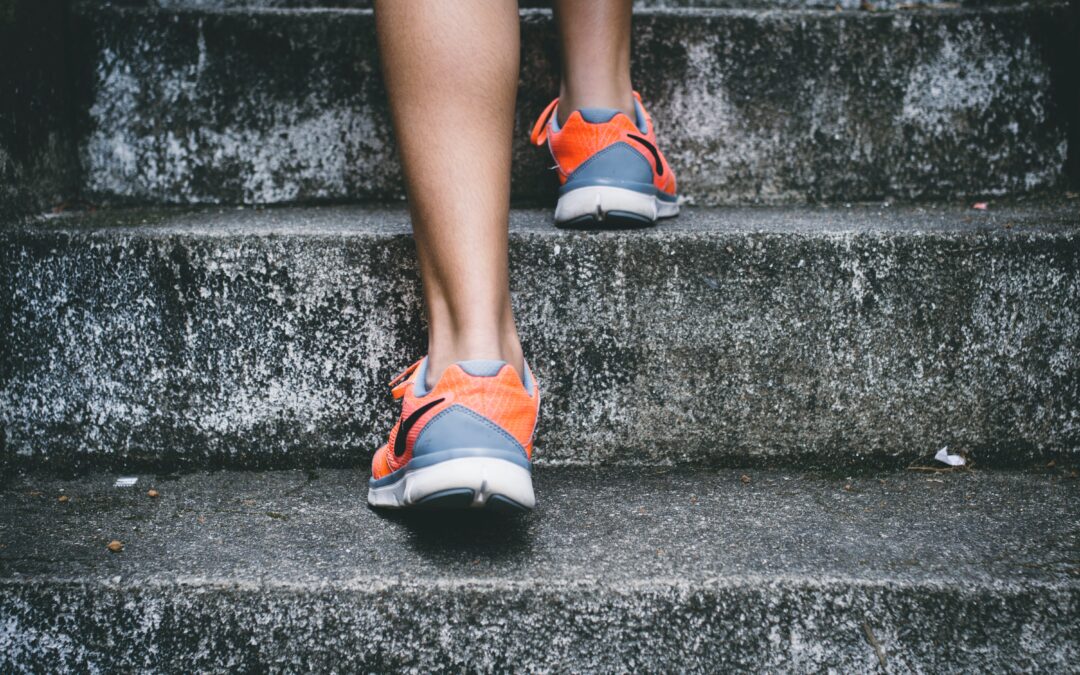Resistance training and general movement has a variety of benefits for the human body and they are all interrelated. I think in these times it is important to highlight the importance of training for movement as majority of people work at a desk or from home during lockdown and this has led to a lot of inactivity. Inactivity leads to less calories being burned, which leads to weight gain, which leads to loss of motivation… the list goes on. The negative effects of inactivity have a domino effect on each other. But the same is true for the benefits of resistance training and movement; resistance training leads to improved strength and lean muscle levels, this leads to injury prevention and more calories burned at rest, this increases motivation and improves mental health… the list goes on.
In my experience as a trainer I have trained many clients with sore lower backs. If you have ever experienced lower back pain you know it can be extremely painful. Lower back pain can be caused by a number of things they include a weak core, sporting injury, poor technique in the gym and unhealthy weight gain. Lets talk about the most preventable cause; unhealthy weight gain. By gaining weight you shift your centre of gravity and alter your movement mechanics, this puts unnecessary strain on all of your joints. An example of this was during the lockdown last year I put on a bit of weight while the rugby season was postponed, when I came back to training I tore my hamstring because my body was not used to the extra load and strain I was putting it under. The same is true for my clients with lower back pain, we lost some weight and strengthened their core and their back pain disappeared. What do we take away from this? Being strong and having a good body composition is the best form of injury prevention.
Resistance training and movement is extremely important for older adults, as majority are at risk of or have symptoms of arthritis, diabetes, osteoporosis and heart disease. Regular strength training coupled with aerobic exercise can reduce the severity of these symptoms.
The benefits include:
Arthritis: Reduces pain and stiffness and increases strength and flexibility.
Diabetes: Improves glycaemic control
Osteoporosis: Builds bone density and reduces risks of falls by improving stability and balance
Heart Disease: Reduces cardiovascular risk by improving lipid profile and overall fitness
My advice for elderly clients is that no matter how old you are, you do not have to get weaker with age. Strength training can help you stay vital, strong, and independent throughout your life. Also it is much easier to prevent an injury than to try and rehab one. The process of rehabilitation is long and gruelling and takes a massive toll on an individuals mental health.
Regular resistance training also has a major effect on an individuals mental health, I myself struggle with mental health and lockdown last year was very difficult for me when I was unable to exercise. My energy levels were low, my motivation and sense of well-being were all impacted.
I was lucky enough to be able to get my hands on gym equipment and the situation immediately improved. This is due to in part the effect exercise has on your hormone levels. Exercising leads to the release of endorphins and serotonin which are neurotransmitters, endorphins are responsible for relieving pain and stress and serotonin boosts your mood and overall sense of well-being.
This can also help improve your appetite and sleep cycles, which are often negatively affected by poor mental health. What do we take away from this? If you suffer from mental health issues it is vital that you move as much as possible!
If you have any questions or would like to have a discussion please reach out! – Jackson Mohi

